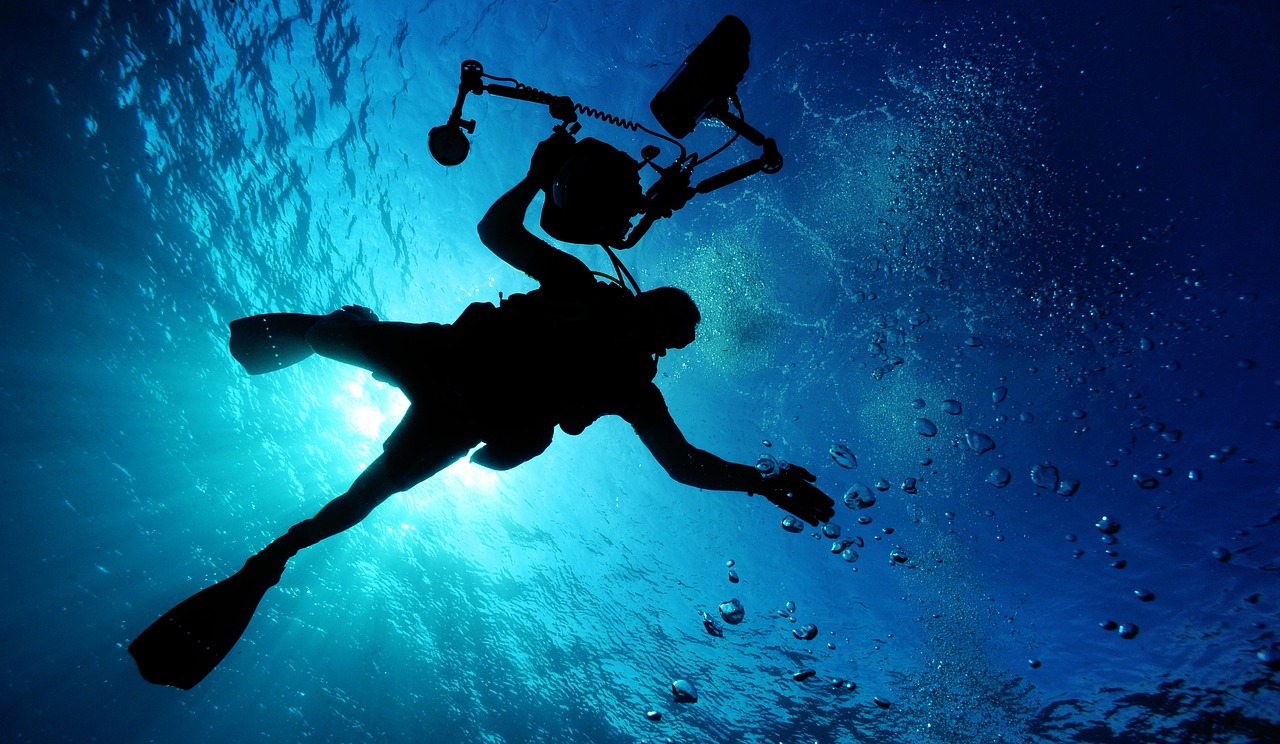Advice About Pontoon Boats in Saltwater

Pontoon Boats for Saltwater
Dealers for pontoon boats in saltwater locations may well tell you that they are fine to take offshore. In fact, several years ago a dealer even took a pontoon boat from Florida to Havana, Cuba to prove the point. Most any boat can go anywhere in mill-pond conditions, but that's not what we're talking about here.
Pontoon boats were not designed for offshore operation or even in large freshwater lakes where sea conditions can present waves over a foot or two. A pontoon boat has a very low freeboard, a flat deck , no bow as such, and side "fencing" which is not structural. There are really two main differences to keep in mind between boating on a lake and boating in sheltered saltwater bays: 1) the nature of sea conditions, and 2) the effect it has on the components of salt water.
That said, the stability of pontoons can make for an enjoyable ride in calm conditions and the high performance of many modern tri-toons can be exhilarating in protected saltwater harbors and bays. If you have any questions about the limits of a particular model’s ability to navigate saltwater on a particular day, you probably should not venture out.
Boating Safety
A key to safe boating is having a boat designed for the conditions, confidence in your abilities, and experience enough to plan ahead. You should make sure to practice with your boat on calm conditions before jumping into more challenging situations. For example, knowing how to work your throttle to keep an even speed between waves, which will help keep the bow from diving into waves, takes some finesse. Also, turning into waves as they come toward you and pass under you, will keep you heading in a straight line, while taking larger swells at an angle will keep you from burying the bow.
If you bury the bow, water can come surging over the deck, and will quite-rightly scare your passengers. That is not why you have gone boating, and in such a situation you must return to calmer waters.
Boating Equipment
Much of boating gear related to safety is required to be on board a vessel, regardless of conditions. These include items such as good fitting lifejackets – one for each passenger – and methods for signaling distress like lights or flares. In addition, it is prudent to bring along extra equipment related to real-time weather forecasting, a chartplotter for navigational assistance and a distress beacon or EPIRB in the event of an emergency. You should also have a VHF radio. Don't rely on cell phones.
Boating Tips
Be mindful of weight distribution on the deck. Pontoon boats, which are inherently light vessels, tend to have a more fluid center of gravity and depending on where passengers or items are on board, the CG can be easily skewed. In addition, staying close to shore is important, to cut the distance required to return to land if weather kicks up or there is an emergency.

Fun Activities for Saltwater Boating
The activities that every boater loves on freshwater are all possible, and maybe even enhanced, by saltwater boating. Keep in mind the corrosive nature of saltwater – all gear should be washed down with fresh water to avoid damage.
Saltwater Fishing and Watersports
Some pontoon boats are designed for freshwater fishing, and we can't think of a more comfortable platform for that activity. However, we have yet to see a pontoon boat designed for offshore saltwater fishing. Likewise for watersports. The conditions dictate what you can do with a pontoon boat. Again, our advice is to stay in protected saltwater locations or only venture out on calm days.
Pontoon Boat Maintenance
To avoid long-term damage, it’s vital to stay on top of a pontoon boat’s maintenance. This is always true, but especially so for a pontoon boat used in saltwater. Not only should such a boat be washed down with fresh water after haul out, but it should also have frequent inspections for damage. In addition, a good way to keep a pontoon boat in good health is to install anodes, if they are not already part of the vessel. These “sacrificial” pieces of metal attach to a hull or motor and protect these parts from corrosion.
Storing Your Pontoon Boat
Storage options for a pontoon boat will likely be between keeping it on land or in the water, at a marina or dock. Installing a lift is recommended for either location. For those who take their boat out between seasons, this will be the perfect time to make sure it is completely washed down, and cleaned. If storage in saltwater is the most convenient option, and you do not have a lift, we recommend that you talk to your boat dealer, and ask for a rigorous protocol of maintenance.